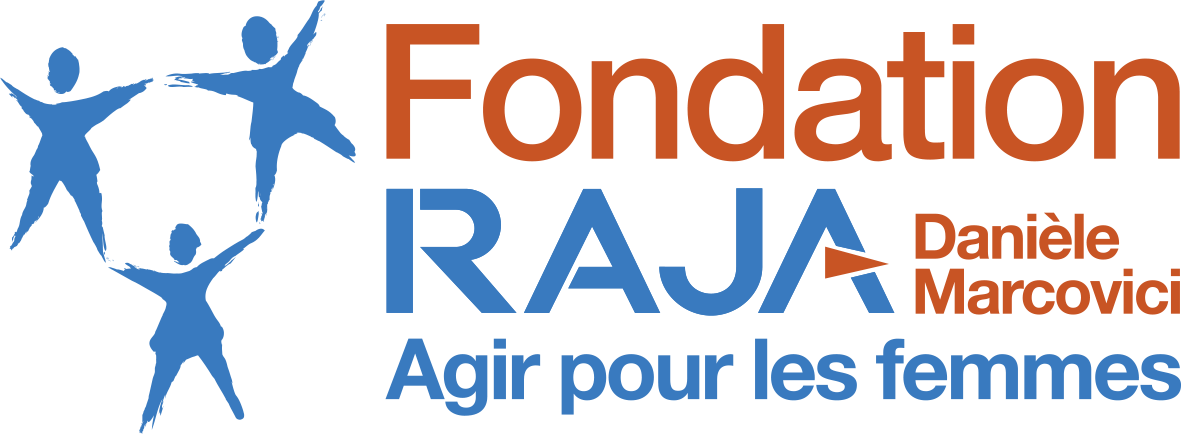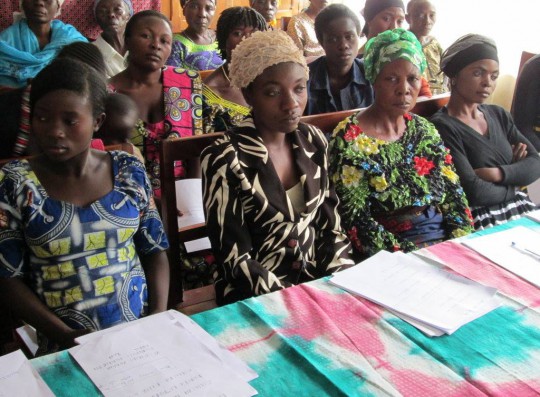The challenge
After a decade of civil war, the South Kivu province is among the most devastated areas in the Democratic Republic of Congo. Women and children are most affected.
South Kivu is one of the poorest provinces of the DR Congo, with over 62% of the population living in poverty in 2022 and almost 1.5 million people facing severe acute food insecurity . Tragically, for many, there are few opportunities to escape this often inevitable cycle of poverty as access to education is extremely limited. Factors such as a lack of public investment in the education sector, corruption, political instability, and insecurity aggravate the extremely difficult situation that women and children face. Consequently, many girls and women in South Kivu, miss out on crucial education. The average number of years of school attendance for girls in DRC is only 5.6. Countless women lack the requisite skills to enable them to access safe, formal employment and are consequently at a disadvantage on the job market. Women tend to work with wages far below those of men.
The solutions we're proposing
This is where W4’s field project the Alpha Ujuvi Collective steps in to offer functional literacy courses – literacy and numeracy within a professional framework – to 450 women aged 18 to 40 in the town of Bukavu and in the territory of Fizi, both in South Kivu. The collective builds classrooms, provides learning kits, and trains and employs teachers specialized in psychosocial support and literacy for adults, as well as peace education, so that the women are provided with a holistic education tailored to their needs.
These literacy courses are delivered in tandem with key events to raise awareness in households and among local leaders of the importance of women’s literacy and its impact on the education, health, and protection of children. Encouragingly, children of those women in the course also benefit from tutoring and take part in awareness-raising activities on children’s rights.
The good news is that these literacy courses not only allow women to learn to read, write, and calculate, but they also, and most importantly, help them to find qualified work. Women who have benefited from these courses will therefore be able to sustain their families’ needs and participate in the development of the local economy, thus earning the respect of their communities and creating a way out of the otherwise often inevitable cycle of poverty.
The impact of giving
By funding literacy courses for a vulnerable young woman, you can empower her to construct a positive future! She will not only take pride in being newly literate, but she will also have crucial access to unprecedented professional opportunities.
Even a modest donation will contribute to her empowerment, which will have positive impacts on her family, her children, and her whole community!



















